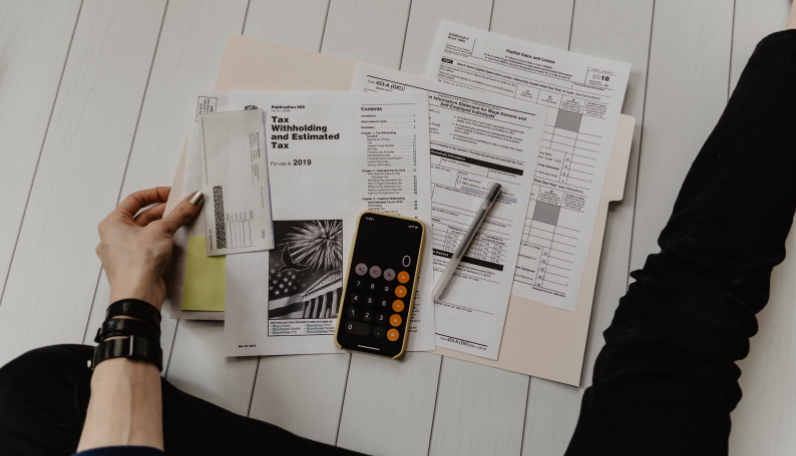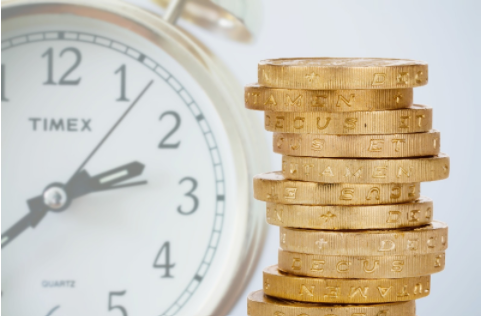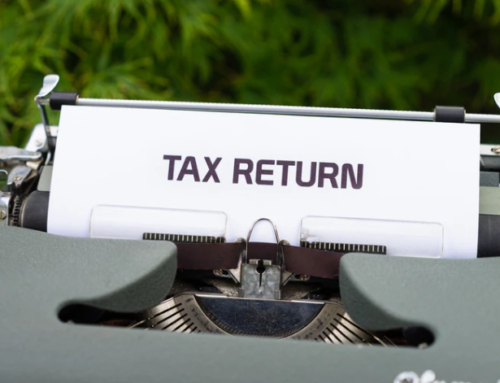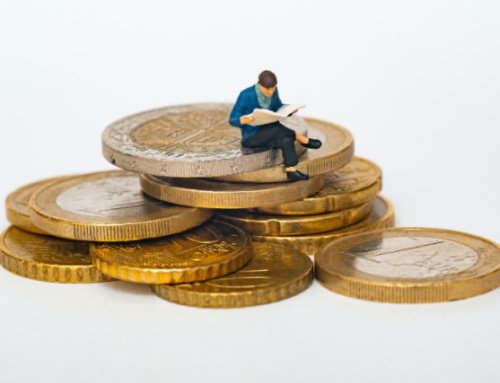How to avoid last-minute tax planning? Chill, we have got your back!
We all have gone through the process of employer deducting tax, investing to save tax and then filing tax returns by oneself or with the help of our CA. Tax planning is an important financial objective for every taxable person and organisation. It begins when a person starts earning and continues even after retirement.

But during this whole period, people often fail to plan their taxes objectively, rather they start making investments related to tax saving in a very mechanical manner.
Many assesses postpone tax planning to the last quarter (in fact, last month) of the financial year and don’t give importance to it until a deadline comes in. Sufficient thought and time is not given to the savings, investments and other financial goals which plays a very important role in building financial discipline. Not only this, due to delay in tax planning, people tend to miss important dates and benefits that are available to them. As a result, at the end moment the assessee commits silly mistakes.
Given below are some of the ways in which one can avoid last minute tax planning.
- Pay advance tax on time: As the name suggests, advance tax is the amount of tax that’s paid in advance, in instalments as per due dates provided by the Income Tax Department, instead of paying a lump sum amount at the end of the financial year. It can also be referred to as a ‘pay as you earn’ scheme. It saves the assessee from payment of additional interest on tax liability under section 234B and 234C. If you’re an employee, you need not worry about advance tax, since your TDS is deducted on a monthly basis. It saves one from paying an ample amount of money all at once while filing tax returns.
- Invest in tax saving instruments throughout the year: There are tax saving instruments and methods, investing throughout the year in those is considered as a good financial habit and avoids the haste at the last moment. Few of them are as below, to read about all tax saving methods click here.

- Equity Linked Savings Scheme (ELSS): Mutual Fund with tax benefits and lock-in period of 3 years, it is one of the most advantageous investment options linked with tax saving.
- Public Provident Fund (PPF): Long term tax saving instrument offered by the government giving decent interest. A maximum of 1,50,000 can be invested in a financial year. It has a lock-in maturity period of 15 years.
- Fixed Deposits. FD’s with a lock-in maturity period of 5 years are eligible for tax exemption under section 80C. However, if premature withdrawals are made, the tax benefit will roll back.
- National Pension Scheme(NPS). A retirement financial product offered by the Government of India. An additional deduction of 50,000 is provided if invested into NPS, eligible under both, old and new regime of taxation.
- Track TDS On Other Income: TDS is basically tax deducted while making certain payments like salary, interest, professional fees, rent, commission, etc by the person making such payment. Keep a track of TDS deducted from your income. Advance Tax can also be calculated based on payments received hence helps you plan your taxes well.
- Consult Your CA Timely: Managing your work, business and keeping track of changes in Income Tax laws can be tedious. And this is where you need a CA. A Chartered Accountant is a professional who handles all the important accounting, tax and related issues and their vast knowledge comes in handy for smooth running and success of your business and financial life. A CA helps you build a strong financial life and discipline.
Requiring a Chartered Accountant just once in a year for paying & filing the taxes is a big misconception. A CA not only guides you to fill the gap of unawareness but also ensures that you do not fall behind tax savings, they help you minimize financial liabilities in a structured way and smoothly gets you out of the complex taxation laws. Hence, it is extremely important to have a CA in life..
- Know Basic Taxation Rules: It’s never dangerous to have knowledge related to the things which are important in life. Having a basic knowledge of your taxation system goes a long way. Understanding basic terms, due dates and legal aspects can lead you to successful financial life.

- Keep Your Documents In Place: For a salaried person, the most important document is Form 16, for a professional Income it is Form 16a and for businessmen there are many others. There are other investment documents & certificates too which are needed for tax filings and deductions. Keep all your documents in place and accounted for, so that at the end moment you don’t end up losing time and efforts on it.
Avoid keeping tax planning and filing at the eleventh hour to be in complete control of your finances.






Leave A Comment